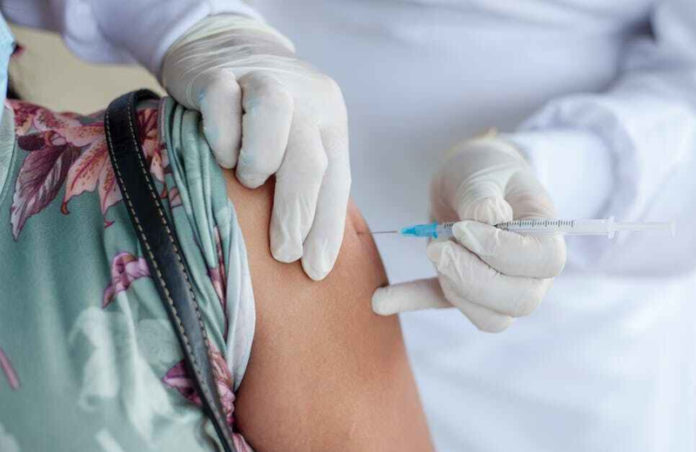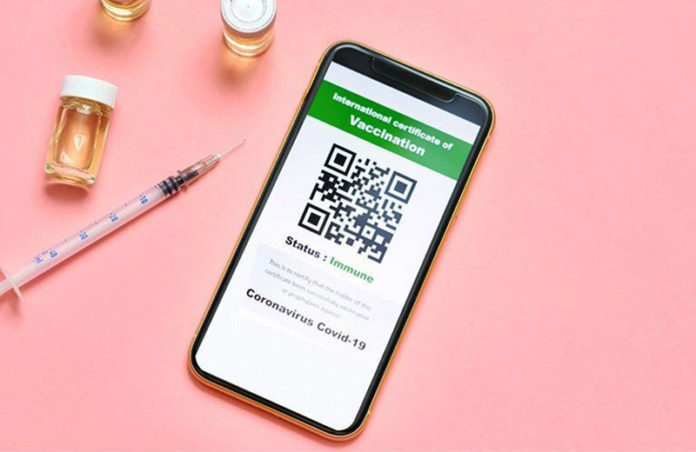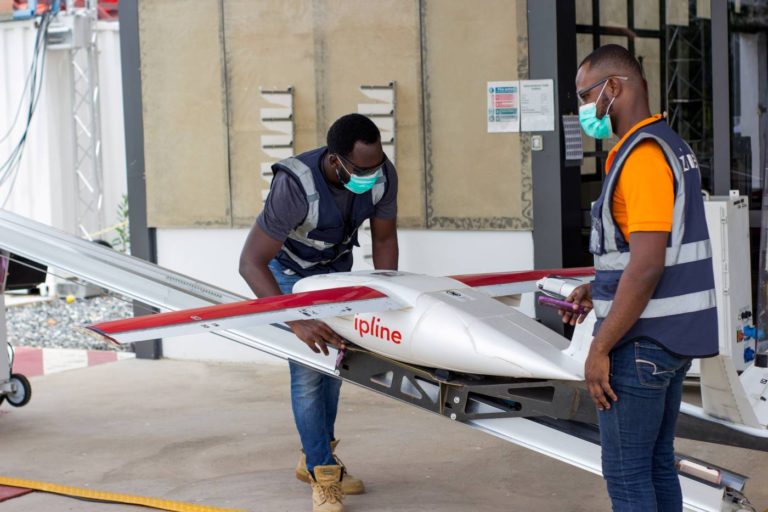Making Vaccines in Africa is Key to COVID-Proofing Continent say Experts

Written by Luis Monzon
The unprecedented speed of development of the COVID-19 vaccines can be attributed to multiple factors including record levels of international collaboration and swift action on the part of many governments and regulatory bodies to provide a conducive framework.
As every nation across the globe faced impending economic doom, massive cross-sector funding materialised, allowing large-scale phased trials to be performed in parallel (multiple phases run simultaneously).
The accumulation of knowledge from decades of study on related viruses, including research that started after the SARS outbreaks of 2002 -2004, and the advent of mRNA-based vaccine technology further assisted in ensuring a swift response to halting the spread of the deadly virus.
The potential for factors that enabled the COVID-19 vaccines’ swift development to expedite other vaccine efforts on the continent as well as the safety, efficacy, and uptake of the currently available COVID-19 vaccines in Africa will be key themes at this year’s Africa Health Conference, where participants like Epidemiologist and Cochrane SA Director, Professor Charles Shey Wiysonge, and Vaccine Specialist, Dr. Geofrey Makenga, will address these important topics.
Among the permanent changes expected to be ushered in by the current pandemic, is the widespread uptake of mRNA-based vaccines which have revolutionised vaccinology in recent times.
Unlike bio-technically complex protein-based vaccines, mRNA-based products can be nimbly manufactured for multiple diseases within the same facility, significantly decreasing the CAPEX requirements for each new project.
Similarly, the adenoviral vector technologies used in the J&J and AstraZeneca vaccines are revolutionising the vaccines industry.
Manufacturing Vaccines in Africa
While manufacturing capacity on the African continent is lagging, experts are quick to highlight the importance of achieving self-reliance by building local vaccine-manufacture capacity.
“Aspen’s Private-Public Partnership with the SA Department of Health to manufacture Johnson & Johnson vaccines from their flagship facility in Gqeberha, for example, is a hugely promising initiative”, says Prof Wiysonge.
It is however worth noting that, under the current agreement with J&J, the Aspen facility is doing ‘fill and finish’ (packaging and preparing the vaccines for release), on medicines largely produced outside of Africa.
Dr. Makenga adds that as a continent we cannot relax until the vaccines are fully produced on African soil and urges Aspen and their collaborators to speed up the process for technology transfer and commence the establishment of local facilities where active ingredients can be formulated and produced.
“A successful technology transfer will also secure capabilities for production of other vaccines post pandemic,” he says.
A future pandemic-proofed vaccine paradigm in Africa revolves around more than just financing. Budgetary backing is a must, and private-public partnerships will continue to be essential, but even greater potential lies in harnessing the synergy of government health departments, big pharmaceutical R&D, and medical research institutions.
Another promising example is BioVac in Cape Town. The result of a partnership between government and a pharmaceutical company, the institute is dedicated to bolstering local vaccine manufacturing capacity.
60% of Africa’s Population to be Vaccinated
The African Union COVID-19 vaccination strategy aims to vaccinate a minimum of 60% of Africa’s population based on a whole-of-Africa approach. This is being facilitated by initiatives like the African Vaccine Acquisition Trust (AVAT), a centralised purchasing agent.
Makenga says that with such structures in place, international finance facilities, in conjunction with civil society bodies like Covax (a collaboration led by Gavi, the Vaccine Alliance, the Coalition for Epidemic Preparedness Innovations, and the World Health Organization) stand to make great strides in ensuring vaccine availability.
“With assistance from non-for-profit international organizations, funding for investment could be secured for the development of other vaccines too, but only with strong political will from African countries,” he says.
Figures released by the African CDC, reveal low vaccination rates in most countries, with some countries having not yet received any vaccines at all. Furthermore, in many places, the vaccines that have been acquired have been underused due to difficulties in delivery to local dispensing facilities, as well as storage challenges, and low ratios of HCWs.
Inoculation Pervasiveness in Africa Varies
According to Professor Charles Shey Wiysonge, the overall uptake of the vaccines on the continent has varied greatly from country to country and during different times throughout the pandemic.
“Seychelles for example has now achieved a vaccination coverage of close to 70%,” he remarks.
He observes that vaccine hesitancy has also been a challenge in some African countries and believes that the solution is to empower people with knowledge and education around the science of what vaccines are, and how they actually work.
Both experts agree that the technological advances in vaccine manufacture for COVID-19 bode well for adaptation for other diseases vexing the continent.
“I am optimistic that the COVID-19 pandemic will usher in a new era for Africa in which innovations in therapeutics and diagnostics are the norm,” concludes Wiysonge.







